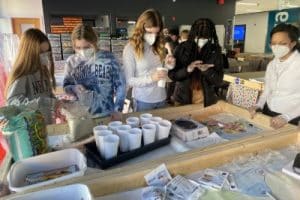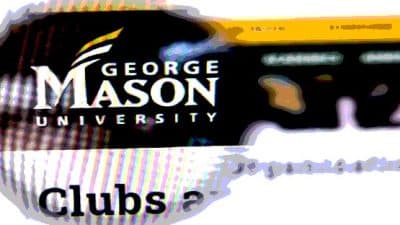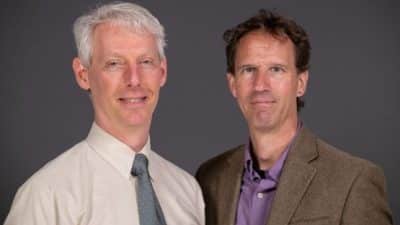
The Virginia Space Grant Consortium was awarded more than $1 million from NASA last week.
The consortium will also partner for the NASA Space Grant Plant the Moon Challenge project through NASA Space Grant K-12 Inclusiveness and Diversity in STEM initiative, according to a press release.
The $1 million award is one of four made nationally through the NASA Space Grant KIDS funding, and focuses on providing experiences for students to learn about NASA’s Artemis mission. Artemis seeks to return human explorers to the moon and Mars. One of the next steps in supporting a return trip to the moon includes human understanding of how we can use lunar soils to grow crops.
The challenge will extend the Institute of Competition Science’s current international Plant the Moon Challenge (PTMC) in six states, including North Carolina, South Carolina, West Virginia, Florida and Puerto Rican. Virginia Space Grant Consortium serves as project lead.
Developed by the Institute, PTMC is a teacher-led student global science experiment. Participating teachers, according to a press release, receive a PTMC Activity Kit for each team of 10 students, including lunar regolith simulant, a Project Guide and a pH meter.
Student groups design plant growth experiments with the simulant, and experiment variables may include the plant growth setup structure, amount of water used, and nutrients added to the regolith simulant. Teams led by teachers use the Project Guide to define plant growth experiments during an eight-week growth period. Before, during and after the growth period, teams engage in weekly activities and virtual events that supplement their hands-on project activities with STEM learning activities connecting them with NASA Artemis-related content.
The Challenge was piloted in 2021 and 2022, and has engaged more than 4,000 students. Through the grant, at least 13,080 additional students from underrepresented and underserved populations and 510 formal and informal educators who instruct these students will be engaged with this authentic, Artemis-related, STEM learning experience in the three-year project period, according to the press release.
The Consortium proposed the project after its experience engaging teachers from 16 schools across Virginia in a Plant the Moon Challenge in spring 2022.
“Our Virginia teachers and students were enthusiastic and very immersed in the Challenge,” Virginia Space Grant Consortium Director Mary Sandy said in the press release. “Three of the schools, Forest Middle School in Forest, Va., Chesterfield Technical Center in Chesterfield, Va., and Academies of Loudoun in Leesburg, Va., won top prizes in the international Plant the Moon Challenge.”
Cindy Watson, a teacher at Forest Middle School, said the Challenge is “so much more than growing plants! We grew our curiosity in all things science while also growing our ability to work as a team and become better students. The pride my students took in taking care of their plants and the sheer joy of growing ‘something’ successfully was priceless.”
A materials stipend will be provided for students and teachers in the Challenge, which will be available in the spring semesters of 2023, 2024 and 2025. According to the press release, many participants for spring 2023 are involved in organizations such as Boys and Girls Clubs, 4H and Future Farmers of America.










